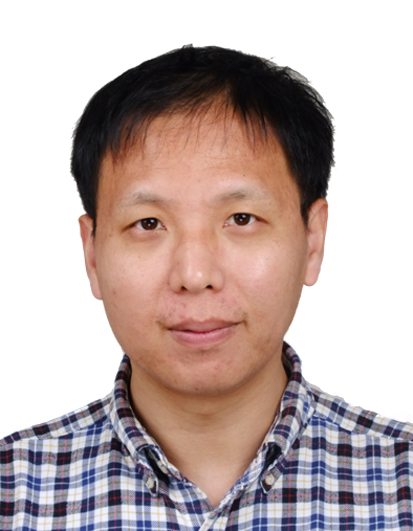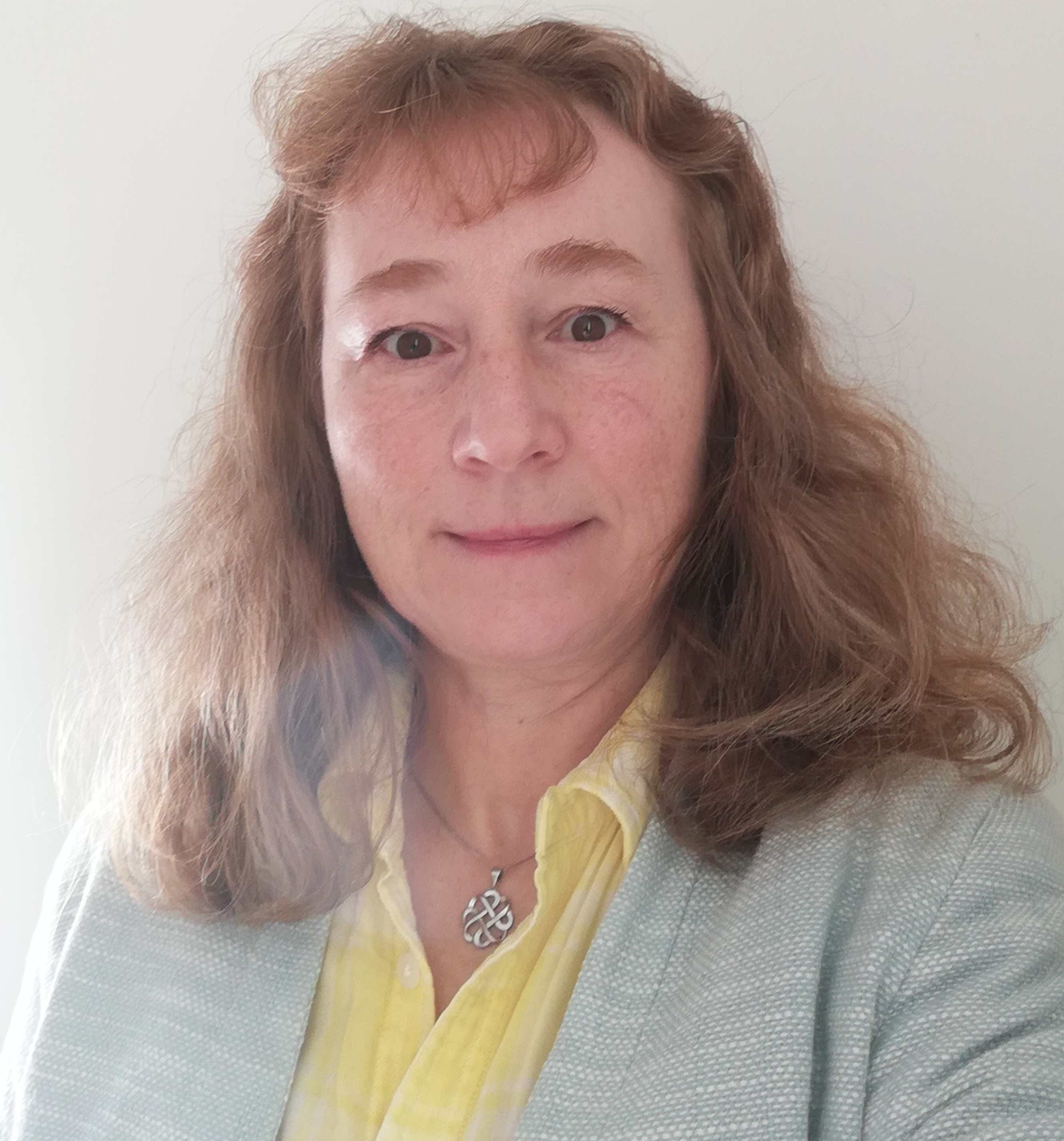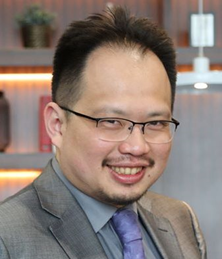Keynote Speakers
Xiangjie Kong
Professor, College of Computer Science & Technology, Zhejiang University of Technology (ZJUT), ChinaSpeech Title: Mobile Crowdsourcing: Towards Smart Cities
Abstract: Leveraging new communication technologies and Internet of Things (IoT) applications, local administrations and governments aim at managing the city infrastructures and optimize the public services in an efficient and sustainable manner. Furthermore, they adopt intelligent and cost-effective mobile applications to deal with natural disasters, such as pollution and traffic congestion. Mobile crowdsourcing (MCS) is an emerging paradigm for enabling smart cities, which integrates the wisdom of dynamic crowds with ubiquitous mobile devices to provide decentralized applications and services. Using MCS solutions, residents play the role of an active worker to generate a wealth of crowdsourced data which can significantly promote the development of smart cities. This talk highlight research challenges in computing and analyzing mobile crowdsourced data generated by large amount of participants/devices, and fusing multi-sourced and heterogeneous urban big data to facilitate applications towards smart cities.
Biography: Dr. Xiangjie Kong is currently a Full Professor in the College of Computer Science & Technology, Zhejiang University of Technology (ZJUT), China. Previously, he was an Associate Professor in School of Software, Dalian University of Technology (DUT), China, where he was the Head of the Department of Cyber Engineering. He is the Founding Director of City Science of Social Computing Lab (The CSSC Lab) (http://cssclab.cn/). He is/was on the Editorial Boards of 6 International journals. He has served as the General Co‐Chair, Workshop Chair, Publicity Chair or Program Committee Member of over 30 conferences. Dr. Kong has authored/co‐authored over 140 scientific papers in international journals and conferences including IEEE TKDE, ACM TKDD, IEEE TNSE, IEEE TII, IEEE TITS, IEEE NETW, IEEE COMMUN MAG, IEEE TVT, IEEE IOJ, IEEE TSMC, IEEE TETC, IEEE TASE, IEEE TCSS, WWWJ, etc.. 5 of his papers is selected as ESI‐ Hot Paper (Top 1‰), and 16 papers are ESI‐Highly Cited Papers (Top 1%). His research has been reported by Nature Index and other medias. He has been invited as Reviewers for numerous prestigious journals including IEEE TKDE, IEEE TMC, IEEE TNNLS, IEEE TNSE, IEEE TII, IEEE IOTJ, IEEE COMMUN MAG, IEEE NETW, IEEE TITS, TCJ, JASIST, etc.. Dr. Kong has authored/co‐authored three books (in Chinese). He has contributed to the development of 14 copyrighted software systems and 20 filed patents. He has an h‐index of 36 and i10‐index of 87, and a total of more than 4200 citations to his work according to Google Scholar. He is named in the2019 and 2020 world’s top 2% of Scientists List published by Stanford University. Dr. Kong received IEEE Vehicular Technology Society 2020 Best Land Transportation Paper Award, and The Natural Science Fund of Zhejiang Province for Distinguished Young Scholars. He has been invited as Keynote Speaker at 2 international conferences, and delivered a number of Invited Talks at international conferences and many universities worldwide. His research interests include big data, network science, and computational social science. He is a Distinguished Member of CCF, a Senior Member of IEEE, a Full Member of Sigma Xi, and a Member of ACM.
Lyudmila Mihaylova
Professor, Department of Automatic Control and Systems Engineering, University of Sheffield, United KingdomSpeech Title: Towards Trustworthy Machine Learning Methods
Abstract: There is a fast development of different machine learning methods – for object classification, tracking, action recognition and other tasks with multiple types of data – from images and videos to time series data. Autonomous image and video analytics faces a number of challenges due to the huge volumes of data that sensors provide, the changeable environmental conditions and other factors. However, it is important to know when the methods work well and when they are not reliable, e.g. how much could we trust the obtained results? How could we characterise trust is a related question. How could we quantify the impact of uncertainties on the developed solutions? This talk will discuss current trends in the area of machine learning and show results for image and video analytics for autonomous systems.
Automated detection and behaviour analysis is another important area which necessitates unsupervised learning algorithms. Recent results for automated video analytics will be presented with Dirichlet process models, deep learning and other methods. Their pros and cons will be discussed.
Biography: Lyudmila Mihaylova is Professor of Signal Processing and Control in the Department of Automatic Control and Systems Engineering at the University of Sheffield, Sheffield, United Kingdom.
Her research interests are in the areas of trustworthy autonomous systems with applications to smart cities, sensor networks, digital health and others. She has expertise in the areas of machine learning, intelligent sensing and sensor data fusion. She won the Tammy Blair best award from the International Conference of Information Fusion 2017, best paper awards from the IEEE DESSERT’2019, 17th IEEE SPA’2013 Conference and IEEE Sensor Data Fusion Workshop, 2013.
Prof. Mihaylova is on the Board of Directors of the International Society of Information Fusion (ISIF) and was the ISIF President in the period 2016–2018. She has given a number of talks and tutorials, including NATO SET- 262 AI 2018 (Hungary), Fusion 2017 (Xi’an, China), plenary talks for the IEEE Sensor Data Fusion 2015 (Germany), invited talks at IPAMI Traffic Workshop 2016 (USA) and others.
She is a member of the organising committee of the International Conference of Information Fusion 2022, 2021, IEEE MFI’ 2021, UKCI’ 2021 and vice-chair of the UKCI 2022. She was the general vice-chair for the International Conference on Information Fusion 2018 (Cambridge, UK), of the IET Data Fusion & Target Tracking 2014 and 2012 Conferences, publications chair for ICASSP 2019 (Brighton, UK) and others.
Victor Chang
Professor, Aston Business School, Aston University, UKSpeech Title: The Innovative Internet of Medical Things and Machine Learning (ML) Algorithms for Diabetes, Cancer and Healthcare Analysis
Abstract: This keynote proposes an e-diagnosis system based on machine learning (ML) algorithms to be implemented on the Internet of Medical Things (IoMT) environment, particularly for diagnosing diabetes mellitus (type 2 diabetes) and breast cancer analysis. It can also be further adapted for heart disease detection analysis. The ML applications tend to be mistrusted because of their inability to show the internal decision-making process, resulting in slow uptake by end-users within certain healthcare sectors. This research delineates the use of three interpretable supervised ML models: Naïve Bayes classifier, random forest classifier, and J48 decision tree models to be trained and tested using the Pima Indians diabetes dataset. The performance of each algorithm is analyzed to determine the one with the best accuracy, precision, sensitivity, and specificity. An assessment of the decision process is also made to improve the model. It can be concluded that a Naïve Bayes model works well with a more fine-tuned selection of features for binary classification, while random forest works better with more features. IoMT is then used to help analyzing breast cancer and other medical analysis. Other methods such as support vector machine (SVM) and its variant models using the radial basis function kernel outperformed all other models we tested and those previously developed by others, achieving an accuracy of 99%. Additional scientific research for heart disease detection. We explain our analysis, research contributions and impacts. In summary, this keynote will present the latest research outputs for using applied IoMT and machine learning algorithms for healthcare domains.
Biography: Prof. Victor Chang is a Professor of Business Analytics at Operations and Information Management, Aston Business School, Aston University, UK, since mid-May 2022. He was previously a Professor of Data Science and Information Systems at the School of Computing, Engineering and Digital Technologies, Teesside University, UK, between September 2019 and mid-May 2022. He has deep knowledge and extensive experience in AI-oriented Data Science and has significant contributions in multiple disciplines. Within 4 years, Prof Chang completed Ph.D. (CS, Southampton) and PGCert (Higher Education, Fellow, Greenwich) while working for several projects simultaneously. Before becoming an academic, he has achieved 97% on average in 27 IT certifications. He won 2001 full Scholarship, a European Award on Cloud Migration in 2011, IEEE Outstanding Service Award in 2015, best papers in 2012, 2015 and 2018, the 2016 European award: Best Project in Research, 2016-2018 SEID Excellent Scholar, Suzhou, China, Outstanding Young Scientist award in 2017, 2017 special award on Data Science, 2017-2022 INSTICC Service Awards, Talent Award Suzhou 2019, Top 2% Scientist 2017/2018, 2019/2020 & 2020/2021, the most productive AI-based Data Analytics Scientist between 2010 and 2019, Highly Cited Researcher 2021 and numerous awards mainly since 2011. He is ranked number 2 in distributed computing and number 42 in AI globally based on top 2% Scientists 2020 from Stanford University. Prof Chang was involved in different projects worth more than £14 million in Europe and Asia. He has published 3 books as sole authors and the editor of 2 books on Cloud Computing and related technologies. He published 1 book on web development, 1 book on mobile app and 1 book on Neo4j. He gave 32 keynotes at international conferences. He is widely regarded as one of the most active and influential young scientist and expert in IoT/Data Science/Cloud/security/AI/IS, as he has the experience to develop 10 different services for multiple disciplines. He is the founding conference chair for IoTBDS, COMPLEXIS and FEMIB to build up and foster active research communities globally with positive impacts.



